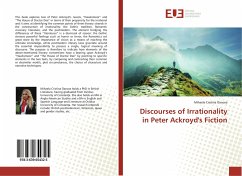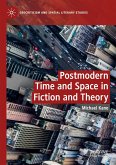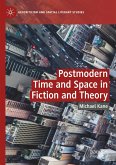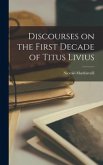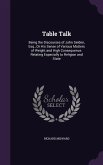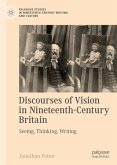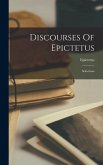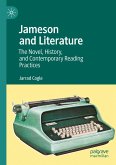This book explores two of Peter Ackroyd's novels, "Hawksmoor" and "The House of Doctor Dee" in terms of their propensity for the irrational and it aims at identifying the common points of three literary strands in the construction of irrationality: the Gothic tradition, Romantic visionary literature, and the postmodern. The element bridging the differences of these "literatures" is a dismissal of reason: the Gothic stresses powerful feelings such as horror or terror, the Romantics set great store by the importance of vision as a means of reaching the ultimate knowledge, while postmodern literary laws gravitate around the essential impossibility to possess a single, logical meaning of discourse. The purpose is therefore to indicate how elements of the above-mentioned literary conventions have a bearing upon Ackroyd's "Hawksmoor" and "The House of Doctor Dee" by pointing to specific elements in the two texts, by comparing and contrasting their common or dissimilar motifs, plot circumstances, the choice of characters and narrative techniques.

